By Howard Schneider
JACKSON HOLE, Wyoming (Reuters) – Brazil’s central bank chief Roberto Campos Neto said on Saturday that recent volatility may be showing the market is pricing in less room for fiscal and monetary intervention in the future.
Campos Neto, speaking at the Kansas City Federal Reserve’s annual economic conference in Jackson Hole, Wyoming, said it will get harder to discuss monetary transmissions without addressing fiscal issues.
Campos Neto, whose term ends in December, said deceleration in China could impact Brazil through a terms of trade shock or lower import prices for Chinese goods, though the net effect would depend on how big the slowdown is.
Central bankers from around the world flew into Jackson Hole this week to attend what has become the globe’s premier economic gathering, the annual symposium in Grand Teton National Park.
The panel Campos Neto spoke on discussed monetary transmission, or exactly how much effect interest rate movements have on economic activity.
His remarks followed recent communication efforts by rate-setting members of the Brazilian central bank to emphasize that they remain united, considering all options for the upcoming Sept. 17-18 policy decision including a rate increase if necessary.
Campos Neto and other central bank directors have highlighted that there is no set guidance for the future, a stance they described as data-dependent.
In July, policymakers kept the Selic benchmark interest rate unchanged at 10.5% for the second consecutive time but toughened their rhetoric, citing the need for “even greater caution” and “diligent monitoring of inflation conditioning factors.”
Annual inflation reached 4.5% in July, drifting further away from the 3% official target, which has a tolerance band of 1.5 percentage points in either direction.
Interest rate futures are pricing an over 80% chance of a rate hike next month, which, if confirmed, would occur as the U.S. Fed readies monetary loosening.
(Reporting by Howard Schneider in Jackson Hole, Marcela Ayres in Brasilia; Editing by Mark Porter and David Gregorio)
Source Agencies


